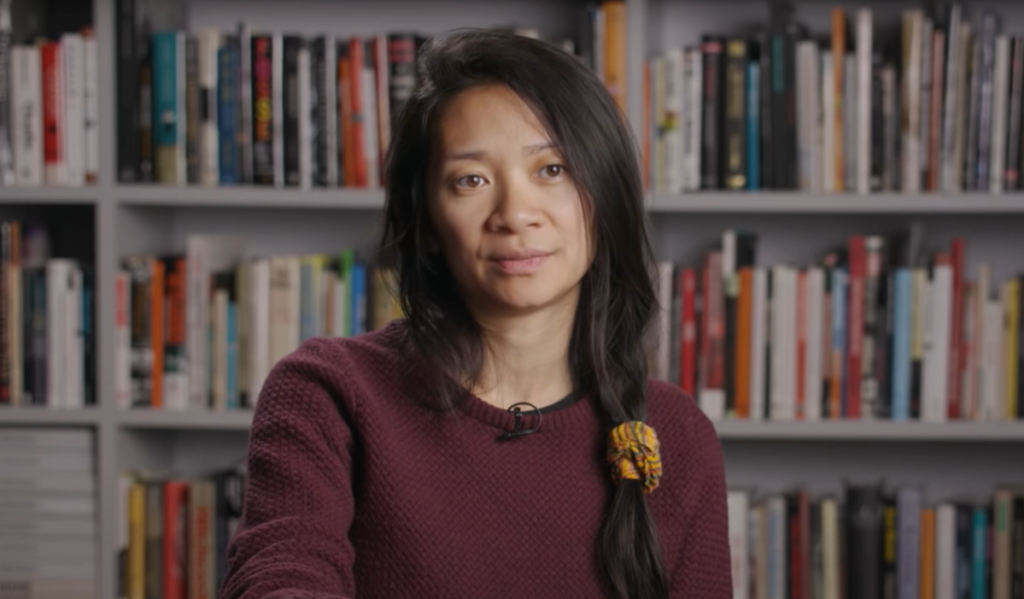Hollywood’s gender problem extends beyond on- and off-camera roles. According to a new study from WIF (Women In Film, Los Angeles), there is also a pronounced gender disparity among the industry companies that receive funding. From Alicia Jessop, Esq. of Pepperdine University, “Women Entrepreneurs in the Screen Industries: Obstacles and Opportunities” “shines a light on the severe lack of capital investment in female-led entertainment enterprises, but also lays crucial groundwork for strategies to remedy this imbalance,” per a press release.
The study is part of Entrepreneurial Pathways, a WIF initiative pushing for equity in opportunities for women-owned businesses.
“The origin of this study was actually quite personal to the WIF Board,” WIF Board President Amy Baer revealed. “At a 2018 Board meeting, several highly accomplished women were sharing anecdotal frustrations about the obstacles to launching enterprise in the screen industry, while constantly watching men of equal experience and stature repeatedly and successfully land investment. In commissioning this study, WIF sought to capture any data that could back up these personal stories. We wanted to examine the rate of female entrepreneurship and funding to women-owned businesses across the expanse of the entertainment industry.”
Drawn from quantitative surveys, qualitative interviews, and in-depth interviews with company owners and decision-makers, “Women Entrepreneurs” finds that just 18.6 percent of studio subsidized film deals and 35.7% of studio subsidized television deals were with women-owned companies, as of 2018. Only 18 percent of production companies with non-studio funding were women-owned. And men-owned independent production companies received, on average, seven times the amount of funding as their female counterparts. “While the numbers of women-owned businesses in the screen industry are paltry, the lack of representation is most striking amongst women of color and LGBTQ women,” the study states.
(Research for “Women Entrepreneurs” began in late 2019 and, due to COVID, “it is possible that some divergence exists between the percentages of funding to and number of women versus male-owned screen industry businesses as reported in the study and as actually exists as of the date of publication of this study,” the author notes.)
The report also pinpoints the barriers-to-entry that feed the wide gender gap in screen industry funding. These include lack of access to network relationships with investors; “unconscious, systemic, and organizational biases” that suggest women don’t have enough experience or success to warrant investment in their companies; and a lack of self-confidence among women themselves. “Gender-based biases,” such as women often bearing the brunt of childcare duties, also contribute to the disparity in investment.
“This research shows that women are more ready, educated, and capable than ever to found and lead impactful screen industry businesses,” said Jessop. “However, significant barriers continue to foreclose paths to entrepreneurship for women in the screen industry. In order to optimally reach and engage all consumers, it is essential that women have equitable pathways to entrepreneurship as men.”
Fortunately, “Women Entrepreneurs” offers recommendations in how to close the funding gender gap: funding women-owned companies, expanding women’s professional networks, and boosting women’s financial literacy would help dismantle the barriers to entry and level the playing field for women entrepreneurs in Hollywood.
“There really cannot be true parity across the board in our industry until there is parity in accessing the financial resources with which entertainment entrepreneurship is built,” stated WIF CEO Kirsten Schaffer. She also confirmed that Entrepreneurial Pathways is currently developing new programs to support women building businesses, of all sizes, across the industry.
Read “Women Entrepreneurs in the Screen Industries: Obstacles and Opportunities” in its entirety here or check out an executive summary here.







